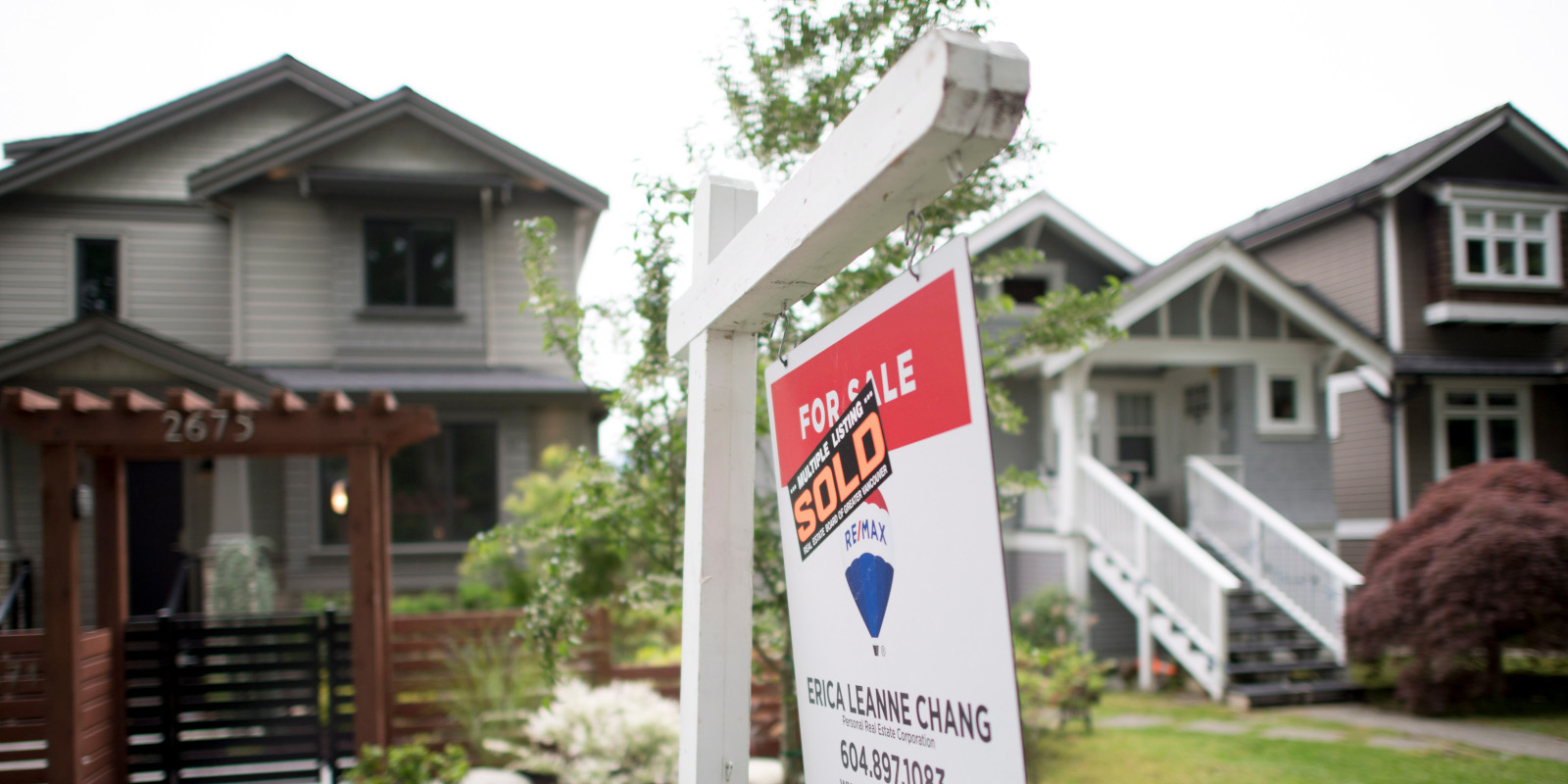Newly-appointed Minister of Housing Sean Fraser made a bold pledge in his first weeks on the job when he said that the federal government’s goal was to increase Canada’s housing supply while maintaining the high values of existing properties.
Fraser’s statement has since been the subject of some debate among economists and other policy scholars, mainly because it seems to conflict with conventional thinking about the relationship between supply, demand, and prices. Although it was largely met with skepticism from such experts, there are some notable voices on housing, including Western University business professor and recent Hub contributor Mike Moffat, who have broadly agreed with it.
The predominant view is reflected in Moshe Lander, a senior lecturer of Economics at Concordia University, who says home values will be maintained as long as demand outpaces any increase in the housing supply.
“If the increase in demand continues to outstrip any increase in supply, housing prices will continue to rise,” says Lander. “The only way an increase in housing supply will result in a decline in home values is if it increases faster than demand increases, which is unlikely given Canada’s growing population.”
The current price to rent an unfurnished, one-bedroom apartment in Vancouver was more than $2800 per month in January, which was roughly the average monthly rent of a two-bedroom apartment in the city in 2019. The average price of a house across Canada in April was $716,000, up from $472,000 in 2019.
The federal government has staked out an ambitious goal of admitting half a million new residents per year, a number which vastly outstrips the number of new homes built yearly over the past five years.
Ron Butler, the founder of Butler Mortgage, says Fraser’s statement is completely unrealistic.
“That is a venture that would only normally be undertaken by David Copperfield because it has a magical quality to it,” says Butler. “To say that there is an ability to create affordable homes for young Canadians to buy, and that at the same time, there will be no price reduction at all for people who’ve purchased already is obviously magical thinking.”
Eric Lombardi, the founder of More Neighbours Toronto which advocates for boosting the housing supply, says it is impossible for housing prices to be maintained while space for housing becomes more affordable.
“What we need to focus on is less about what’s the value of the land, but more so on the cost per square foot of net new housing,” says Lombardi. “If that comes down, the cost per square foot of housing in the built-up market has to come down.
Lombardi says the value of the land itself, rather than the property value, should be the focus of any effort to tackle unaffordable prices.
“A large reason why we have this housing crisis is that we’re very restricted on how we can use land,” says Lombardi. “A very little bit is allowed to be much more than a small project, and even the laws around multiplexes that were introduced keep most properties infeasible to build multifamily housing.”
Lander says the solution is not as simple as determining how many new homes are required to lower prices, and that many other factors are involved.
“Where are those homes? How fast is the net population increasing? How many people want to own a home versus rent? What type of homes are being built? How will climate change affect the way we use those homes?” asks Lander.
At this week’s federal government’s cabinet retreat, housing is slated to be a major topic, with Moffat and other housing experts scheduled to give presentations to Prime Minister Justin Trudeau and his ministers. However, Butler does not believe the federal government is serious about tackling the housing crisis.
“If you felt it was a crisis, like you felt health care was a crisis, you would call a federal-provincial meeting like you did in the case of health care,” says Butler. “You would bring out to the provinces something along the lines of what you did with the new childcare benefit, where you drastically reduced costs of childcare in Canada…but you haven’t even done that.”

Furthermore, Butler says there are more cynical reasons why any government may be inclined towards ensuring property prices remain high.
“There is an incentive at all levels of government, not to knowingly reduce home prices because the most consistent voter in any election…are people over the age of 55 who own homes,” says Butler. “The classic baby boomer is very pleased with the increase in the value of the properties they bought 20 years ago, or 25 years ago, or even 15 years ago.”
Conservative leader Pierre Poilievre has actively courted younger voters frustrated over unaffordable housing and pledged to attach requirements for boosting the housing supply to federal funding for municipalities.
While the Liberal government of Justin Trudeau came to power in 2015 in large part due to younger voters, polling has suggested that voters aged 55 and older have migrated away from the Conservatives and towards the Liberals.
Recommended for You

Need to Know: Mark Carney’s digital services tax disaster

Sean Speer: Investing in critical minerals isn’t just good business, it’s a national security imperative

Theo Argitis: Carney is dismantling Trudeau’s tax legacy. How will he pay for his plan?

The state of Canada’s economy halfway through 2025




